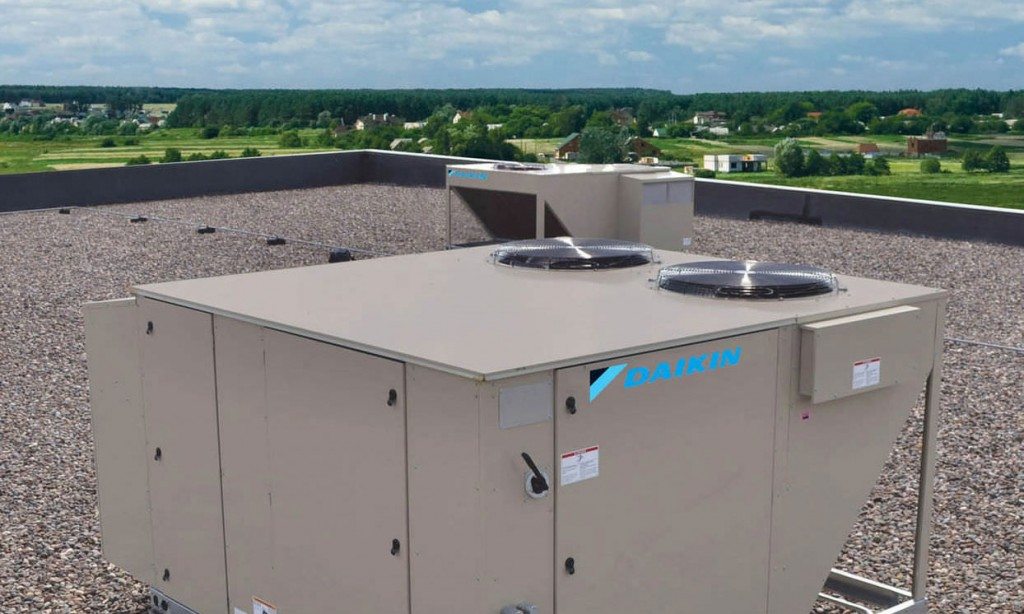Prolonged use of old air conditioners is detrimental to sustainability and energy conservation initiatives as aging units draw more power, resulting in higher energy bills, a major global climate control solutions provider has warned.
According to Japanese HVAC giant Daikin, an estimated 70% of residential electricity bills comes from the use of air conditioning units. Replacing an air conditioner may seem like a non-urgent and expensive task, but will prove to be economical in the long run, the company said.
Generally, a high-quality air conditioner can last for up to 15 years if it is maintained properly through regular servicing, including the cleaning and changing of filters, coils, and in some cases, a refrigerant change, said Nabil Shahin, director of Product Planning and Marketing at Daikin Middle East & Africa.
However, “this will only take you so far”, he pointed out. “If you have a very old air conditioner, especially one that is using HFC refrigerant, it consumes more energy resulting in higher operational costs, and emits more CO2 into the environment. At this point it is better to replace the old unit with one that is more efficient on power consumption and uses green refrigerants such as R-32 that are considered safer for the environment,” Shahin added.
Air conditioning is a necessity in the UAE, but its use and consumption leads to large energy bills for households and significant pollutant contribution to the atmosphere. However, by selecting the correct air conditioner, these two issues can be significantly reduced without compromising on quality or comfort, Daikin said.
The company added that high-efficiency new air conditioning systems can provide huge savings in fuel and thereby energy costs as they operate at 90% annual fuel utilisation efficiency (AFUE) compared to older systems that operate at around 65%, with the remaining 35% simply lost.
“This is obviously an efficiency issue leading to energy wastage and global warming. The new high efficiency models are great for household energy budgets, business profits, and the environment,” Shahin added.
“The newer models of air conditioners use inverter technology which uses smart electronic controls to modulate the speed of the compressor and fans based on demand and outdoor temperature.”
As a result, an air conditioning unit with this technology runs at lower speeds during the low heat season and consumes less electric power, compared to old systems that run at full speed regardless of external temperature, he explained.
Another feature that assists in energy savings and conservation are programmable thermostat systems, Shahin said, adding: “Programmable thermostat systems provide unprecedented control over temperatures in specific zones of a house. Inevitably some rooms need to be heated or cooled more than others or completely turned off, and zoning can provide energy savings alongside the comfort of consistently optimal temperatures. The ability to pre-programme temperatures at different times of the day and different days of the week is also ideal for people who are away from home for set periods of time. Homeowners can save annually in energy costs just through proper use of a programmable thermostat.’’
According to Shahin, the most efficient conventional air conditioners are those that “use both variable refrigerant volume (VRV) and variable refrigerant temperature (VRT) technologies, which can provide an additional 28% energy savings on top of the inverter type systems, and up to 70% over the old non-inverter systems”.

